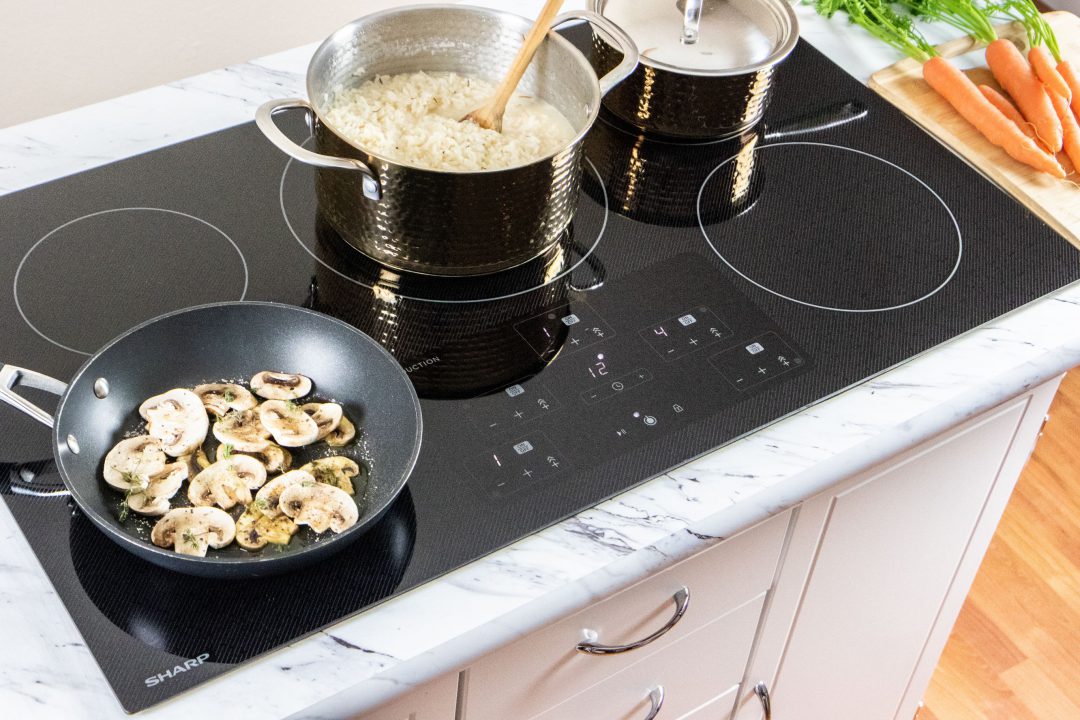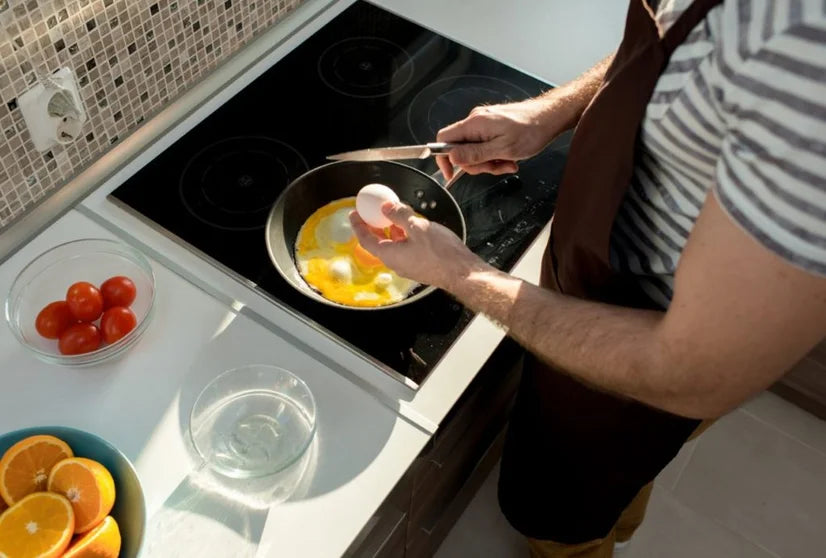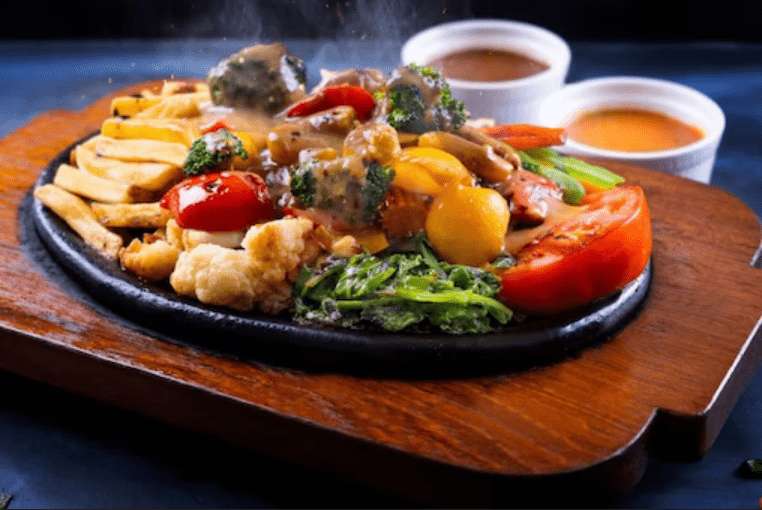When it comes to equipping your kitchen with the best tools for cooking, the debate between a cast iron skillet and an electric skillet is a common one among kitchen professionals. Both have their unique advantages and can significantly impact your cooking experience. This article will explore the key differences, benefits, and potential drawbacks of each option, helping you make an informed decision.
For the culinary expert, understanding the nuances of these tools is essential. Whether you're preparing a romantic dinner on a sizzling platter or testing out vegan recipes on a vegan sizzling platter, the choice between cast iron and electric can influence the final dish.

Advantages of Cast Iron Skillets
Cast iron skillets have been a staple in kitchens for centuries. Known for their durability and excellent heat retention, these skillets are perfect for searing, frying, and baking.
Unmatched Heat Retention
One of the standout features of cast iron skillets is their ability to retain heat. Once heated, a cast iron skillet maintains a consistent temperature, making it ideal for dishes that require even cooking.
This attribute is particularly beneficial when working with recipes that demand precise temperature control. For instance, when using a burger press, the consistent heat of a cast iron skillet ensures a perfectly seared patty every time.
Versatile Cooking Options
Another advantage of cast iron is its versatility. Whether you're cooking on a stovetop, in an oven, or even over an open flame, cast iron can handle it all. This adaptability is a significant reason why many chefs prefer cast iron over other materials.
Moreover, cast iron skillets are compatible with induction cooktops, making them a versatile addition to any kitchen. For more information on using cast iron with induction, check out this helpful guide.
Drawbacks of Cast Iron Skillets
While cast iron skillets offer many benefits, they also come with some drawbacks. Understanding these can help you decide if a cast iron skillet is right for your kitchen.
Heavy and Cumbersome
Cast iron skillets are notoriously heavy. This can make them challenging to maneuver, especially when transferring from stovetop to oven. For chefs who value ease of use, this might be a significant consideration.
Maintenance Requirements
Proper maintenance is crucial for cast iron skillets. Unlike electric skillets, cast iron requires seasoning to maintain its non-stick properties and prevent rust. This process can be time-consuming, which is a potential downside for busy kitchen professionals.
Electric Skillets: A Modern Cooking Solution
Electric skillets offer a modern solution for quick and convenient cooking. These appliances come with their own set of advantages, making them a popular choice for many.
Temperature Control
One of the most appealing features of electric skillets is precise temperature control. With adjustable settings, chefs can easily manage the cooking temperature, ensuring consistent results.
This feature is particularly valuable for recipes that require specific cooking conditions, such as those found in sizzling platter safety tips.
Ease of Use and Maintenance
Electric skillets are generally easier to use compared to cast iron. They heat up quickly and require minimal maintenance, making them ideal for chefs who prioritize convenience.
Potential Downsides of Electric Skillets
Despite their benefits, electric skillets also have some limitations. Understanding these can help you decide if an electric skillet fits your cooking style.
Limited Versatility
Unlike cast iron, electric skillets are limited to specific cooking methods. They are not suitable for oven use and may not perform well with certain recipes.
Dependency on Electricity
Electric skillets require a power source, which can be a limitation in environments without reliable electricity access. This dependency might be a drawback for those who value versatility in cooking locations.
Conclusion: Which Skillet Should You Choose?
The decision between a cast iron skillet and an electric skillet ultimately depends on your cooking needs and preferences. For those who value traditional cooking methods and versatility, cast iron is an excellent choice. However, if convenience and precise temperature control are your priorities, an electric skillet might be the better option.
To explore more about different cookware options, consider reading about cast iron vs glass cookware on induction.

FAQ
Is cast iron better than electric skillets for searing?
Cast iron skillets are often preferred for searing due to their superior heat retention and ability to provide a consistent cooking surface.
Can electric skillets replace traditional stovetop cooking?
While electric skillets offer convenience, they may not entirely replace the versatility of traditional stovetop cooking methods.
What is the best way to maintain a cast iron skillet?
Maintaining a cast iron skillet involves regular seasoning and proper cleaning to prevent rust and preserve its non-stick properties.





Leave a comment
This site is protected by hCaptcha and the hCaptcha Privacy Policy and Terms of Service apply.